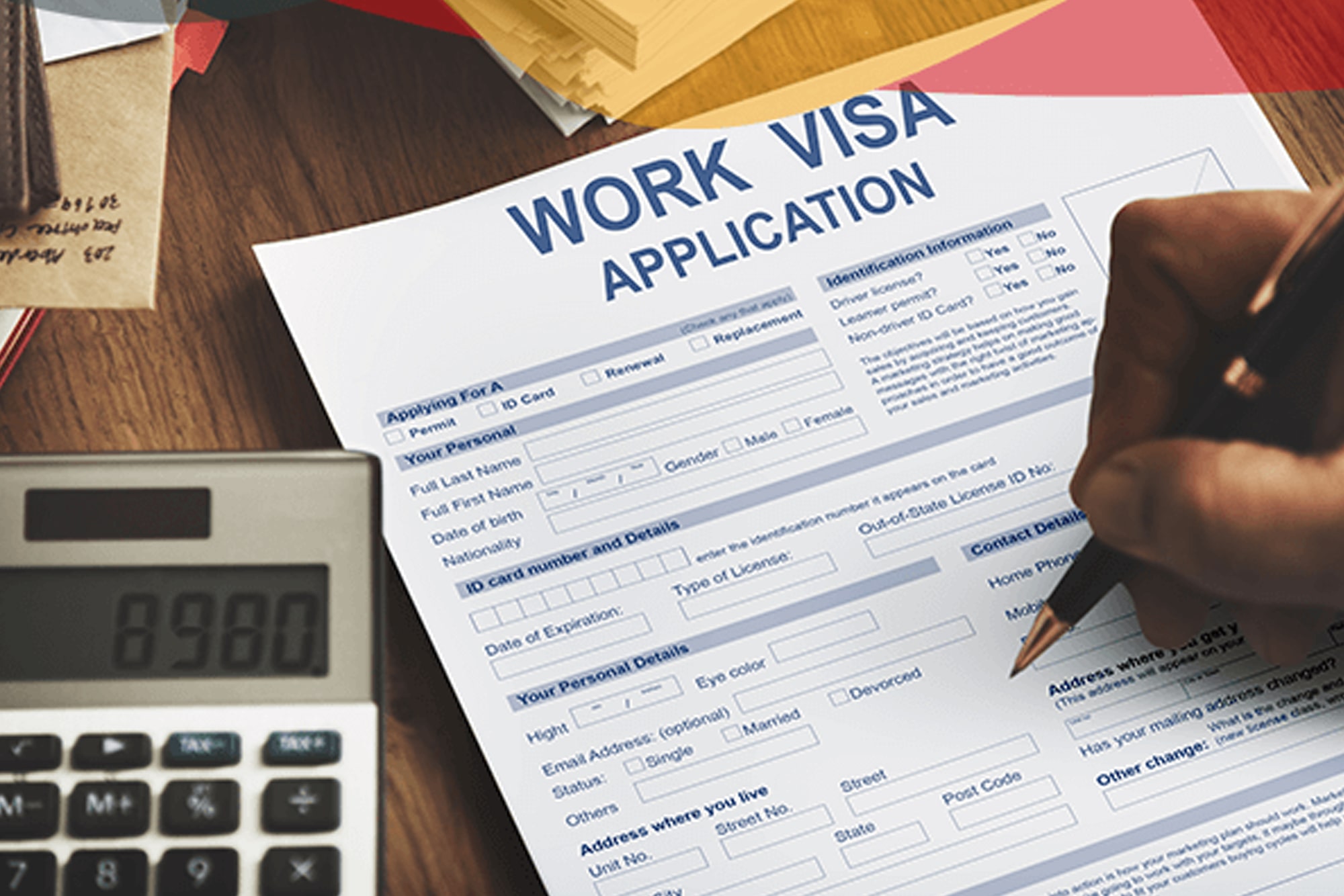How Ghanaians Living in Germany Can Get Their Residency Papers Approved Within 4 Weeks

For many Ghanaians living in Germany, obtaining legal residency status—or “getting your papers”—is not just a matter of compliance; it’s a pathway to stability, better job opportunities, and long-term integration. However, the German immigration system can be complex and slow, with paperwork, appointments, and waiting periods often stretching into months.
The good news is that with proper planning, documentation, and timing, it is possible to get your papers approved within four weeks. This article outlines the exact steps Ghanaians in Germany must take to significantly increase their chances of getting residency documents processed and approved quickly in 2025.
1. Determine the Right Type of Residency You Qualify For
Before starting any paperwork, you must identify the right residence permit type based on your situation:
-
Employment-Based Residency (Section 18): If you have a job offer in a shortage occupation (healthcare, IT, engineering, etc.)
-
Student Residency (Section 16): If you’re studying at a recognized German institution
-
Family Reunification: If you’re joining a spouse, parent, or child who legally resides in Germany
-
Asylum or Humanitarian Grounds: If you entered as an asylum seeker and qualify under specific protection laws
-
Blue Card EU: For highly skilled workers earning above a minimum salary threshold
-
Long-Term Integration Residency: If you’ve stayed over five years with proof of integration
Tip: Applying for the correct residency type increases approval speed. Applying for the wrong permit leads to delays or outright rejection.
2. Prepare a Complete Set of Documents
One of the main reasons for delays is incomplete or inconsistent documentation. Before booking any appointment, make sure you have every required document, printed clearly and in the correct format.
Here’s a general checklist that covers most permit types:
-
Valid Ghanaian passport (not expired)
-
Biometric passport photos (recent, German-spec)
-
Proof of income or job offer (employment contract or payslips)
-
Health insurance certificate (public or private)
-
Proof of accommodation (rental agreement and Wohnungsgeberbestätigung)
-
Registration confirmation (Anmeldung) from your local Bürgeramt
-
Language proficiency certificate (A1, B1, etc., depending on your case)
-
Marriage certificate, birth certificates (translated if necessary)
-
Education credentials (if applying for student/work-related permits)
Pro Tip: Use a labeled folder with tabs to organize all your documents. Also, keep scanned copies on your email or cloud storage in case of emergencies.
3. Book an Appointment Online Immediately
Appointments at the Ausländerbehörde (Foreigners’ Office) in Germany can take weeks or even months to secure. To avoid this:
-
Check appointment platforms daily (some cities release slots early in the morning)
-
Be flexible to travel to nearby cities if your city is overloaded
-
Use fast-track options if available (especially for job-related permits)
Alternative Strategy: If you are in Germany on a valid visa (e.g., tourist, Schengen, or student), apply before it expires—your chances of quick processing are higher when you’re still legal.
4. Get Support from an Employer, School, or Lawyer
If you’re applying through employment or education, having an institution back your application can speed up the process.
-
Employers can send confirmation letters, provide visa support, and justify urgency
-
Universities can issue enrollment confirmations and letters of recommendation
-
Migration lawyers or advisors can professionally fill out forms and schedule appointments, helping you avoid errors
Tip: Involve an immigration lawyer for complex cases like asylum transitions or expired visas. Their involvement often expedites processing.
5. Use the “Fiktionsbescheinigung” (Temporary Stay Permit)
If your application is complete but not yet processed, request a Fiktionsbescheinigung—a temporary certificate that proves you’re legally staying in Germany while your application is pending. This document can help you:
-
Start working while you wait
-
Avoid deportation risks
-
Travel within the EU or Schengen area in some cases
Tip: Mention that you are requesting a Fiktionsbescheinigung when submitting your residency application or during your appointment. It can be issued immediately in many cases.
6. Show Proof of Integration
Especially for family reunification and humanitarian permits, proving your integration into German society makes your case stronger and faster to approve.
Examples include:
-
B1 language certificate
-
Completion of integration course (Integrationskurs)
-
Volunteer work or community participation
-
Children enrolled in school
-
Paying taxes or having a bank account
Tip: Bring certificates and letters from language schools, religious organizations, or community leaders. These human touches can make a big difference.
7. Follow Up Persistently and Politely
Once you’ve submitted your application, don’t just wait. Politely follow up via email or phone, especially if your application is time-sensitive.
-
Contact the Sachbearbeiter (case officer) directly if you have their email
-
Submit any missing documents as soon as they’re requested
-
Ask if anything is holding up your application
Tip: Many Ausländerbehörde offices have limited English support. If possible, ask a German-speaking friend or use a translator to follow up effectively.
Final Words: Common Mistakes to Avoid
-
Submitting incomplete forms or missing documents
-
Applying for the wrong permit type
-
Waiting until your current status expires before acting
-
Not registering your address (Anmeldung) on time
-
Ignoring emails or letters from the immigration office
Getting your papers approved in Germany within four weeks is not impossible—it’s about preparation, precision, and persistence. As a Ghanaian living in Germany, your ability to gather complete documentation, choose the right permit type, and act swiftly is your best strategy. Whether you’re applying based on work, family, or study, following these steps carefully can save you months of stress and uncertainty.
Remember: Germany rewards order, structure, and clear intent. Present your case well, and the system will work in your favor.
Source: Thepressradio.com





